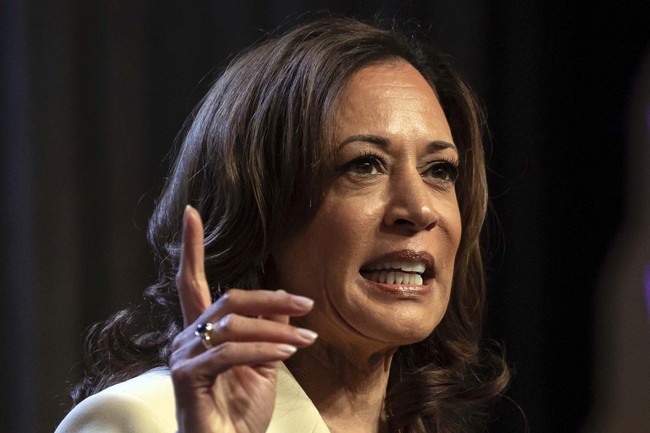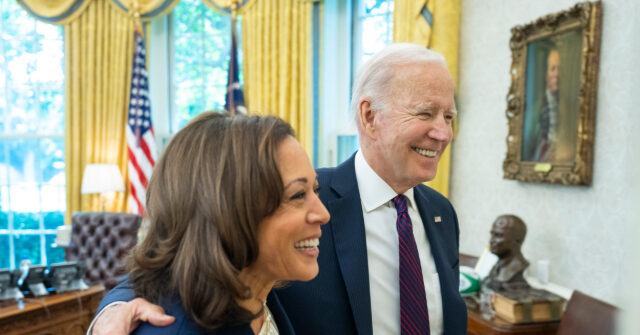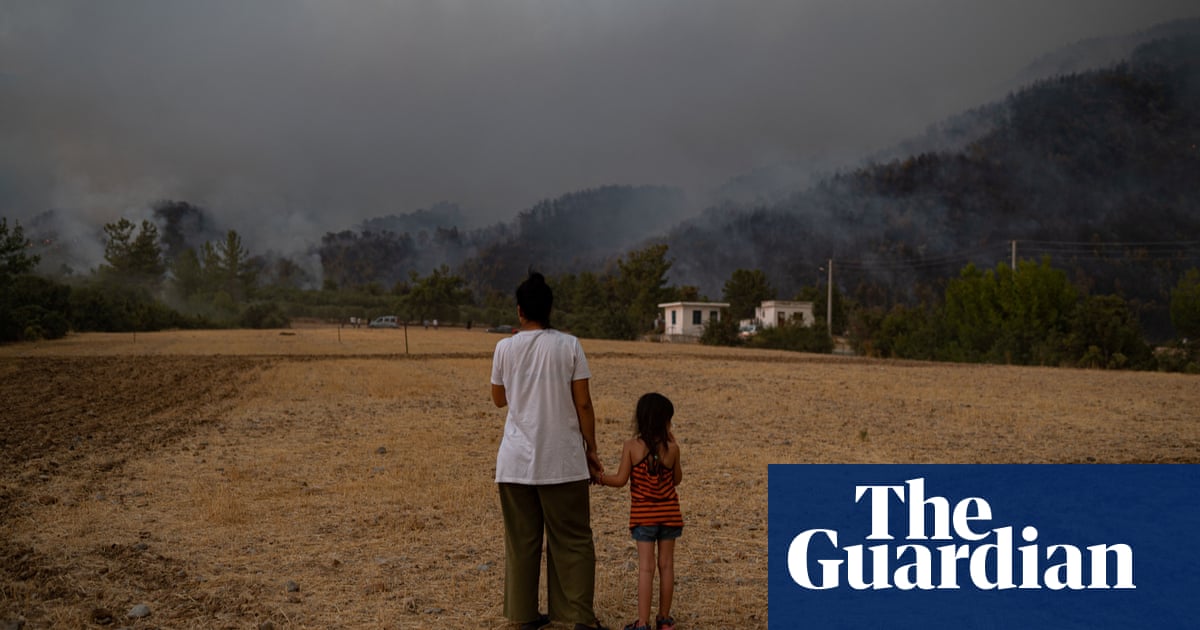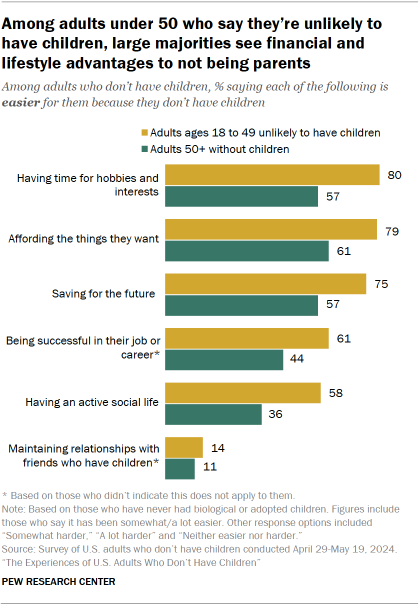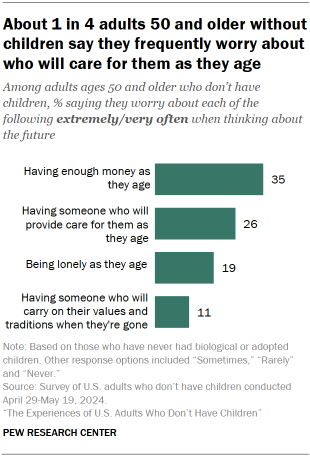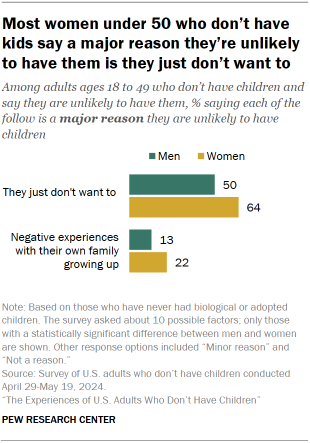One of the phony justifications used by the left for importing millions of illegals is the claim that the declining US population rate is a function of climate hysteria.
I suppose that a DIE hire will be on board for whatever she’s told to say.
I suppose that a DIE hire will be on board for whatever she’s told to say.
